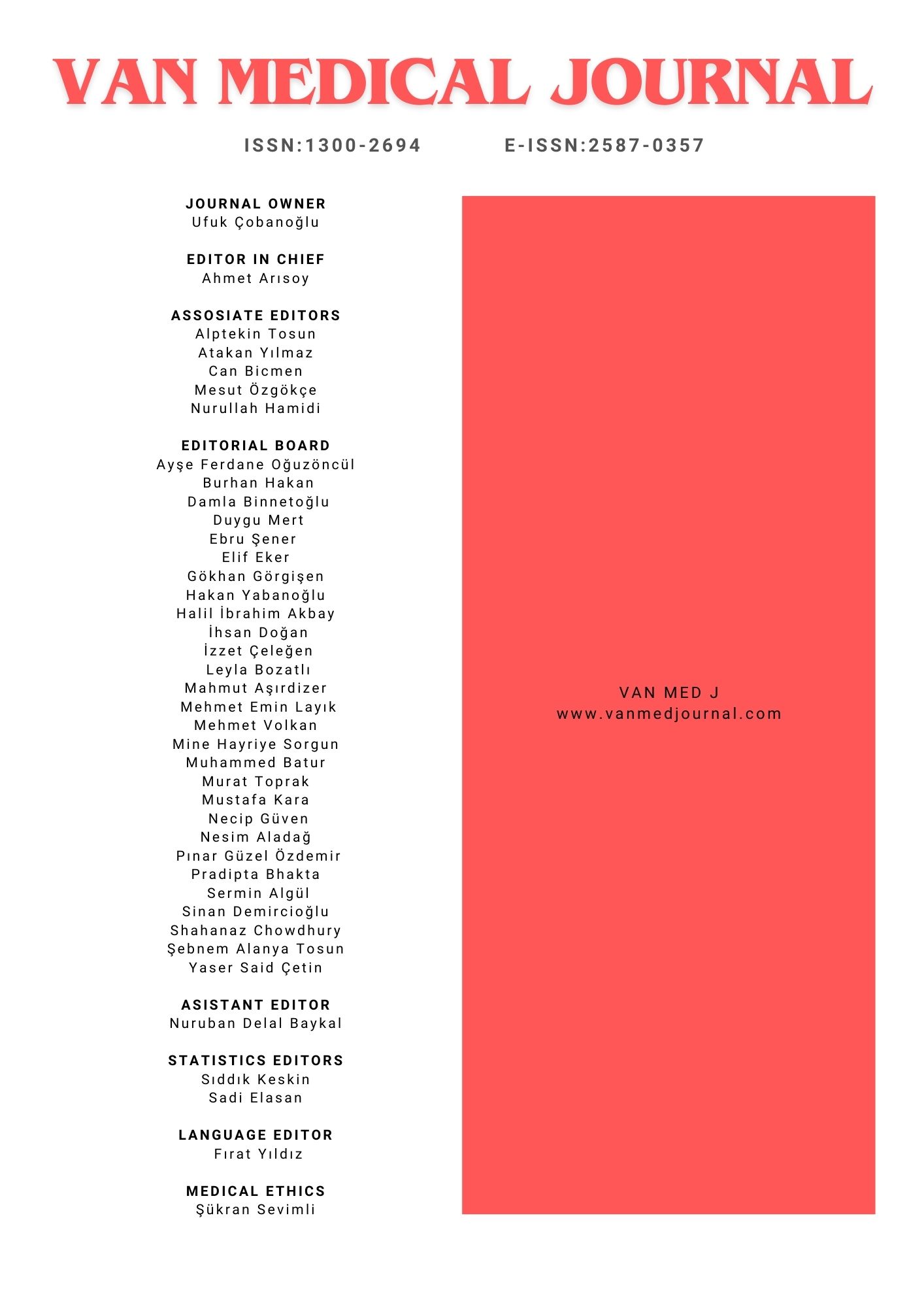Fetal Birth Weight Estimation with Machine Learning Techniques in 15-40 Weeks of Pregnancy
Özlem Dülger1, Ahmet Dursun2, Usame Ömer Osmanoğlu31Department of Obstetrics and Gyneacology, Karamanoğlu Mehmetbey University, Faculty of Medicine, Karaman, Türkiye2Department of Anatomy, Karamanoğlu Mehmetbey University, Faculty of Medicine, Karaman, Türkiye
3Department of Biostatistics, Karamanoğlu Mehmetbey University, Faculty of Medicine, Karaman, Türkiye
INTRODUCTION: Accurate prediction of birth weight is crucial for both fetuses and mothers. Low birth weight (birth weight < 2500g) and high birth weight (birth weight > 4000g) can lead to high perinatal mortality rates, various complications, and both short-term and long-term health outcomes such as chronic diseases. This article aims to propose a machine-learning solution to enhance the accuracy of birth weight prediction and assist clinicians in identifying potential risks before birth.
METHODS: Seven hundred thirty different fetuses between weeks 15-40 were analyzed using clinical data. Nine different regression models from supervised machine learning methods, including logistic regression, support vector machine, decision tree, elastic net regressor, lasso regressor, ridge regressor, artificial neural network, random forest, and k-nearest neighbors algorithms, were employed to predict fetal birth weights based on gestational week, maternal age, gender, and ultrasound measurements, including biparietal diameter, abdominal circumference, and femur length.
RESULTS: Our study revealed that abdominal circumference was the most influential parameter, while gender had the least impact. The performance of the nine different algorithms in birth weight prediction was compared, and the elastic net regressor algorithm exhibited the best predictive performance. The proposed model yielded a prediction result with an average absolute error percentage of 8.87% and an average error of ±284g. A new formula for the newborn weight prediction model was developed using the elastic net regressor machine learning method.
DISCUSSION AND CONCLUSION: Our study demonstrates that the model created with the elastic net regressor algorithm can predict birth weight at any gestational age between weeks 15-40.
Keywords: Pregnancy, Birth Weight, Ultrasonography, Artificial Intelligence, Machine Learning
Manuscript Language: English

